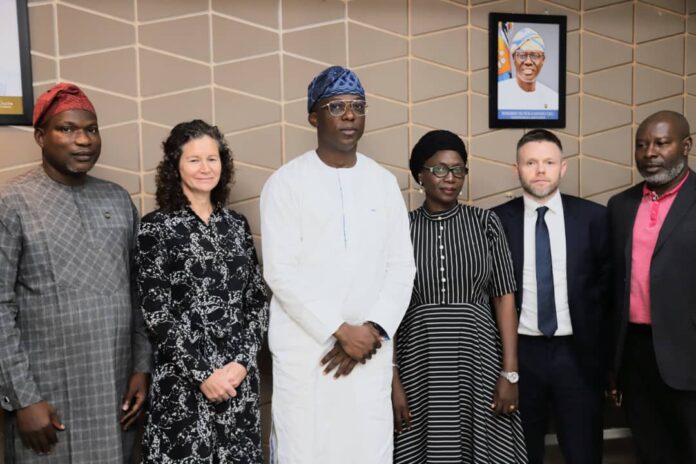The Lagos State Government has expressed readiness to partner with investors in converting municipal solid waste to energy, wealth and liquid waste.
The state Commissioner for Environment, Mr Tokunbo Wahab, made this known in a statement signed by the Director of Public Affairs in the ministry, Mr Kunle Adeshina.
Wahab said that the present administration in Lagos State had set up a climate adaptation and climate resilience plan encapsulating its vision and policies.
He added that the state had carried out two pre-feasibility studies on waste-to-energy and waste water projects to demonstrate its commitment.
He said that, with a population of over 20 million generating 13,000 metric tonnes of waste daily, the state was adopting a sustainable climate-friendly approach.
“We now see waste as a resource for wealth and a resource for energy because the quantum of waste that ends in our landfill sites will become very minimal.
“As a state, we have set up policies and laws that enable us as a sub-national to reach out to neighbouring countries where they have expertise,” Wahab said.
He noted that the state government signed a contractual agreement 18 months ago with a Ghana-based company.
According to him, the agreement will take 4,000 metric tonnes of municipal waste out of the 13,000 generated daily.
He said that the agreement would lead to conversion of waste to wealth, composite fertilisers and recyclable plastics, as well as setting up of a transfer station for the most challenging parts.
“If that contractual obligation is successfully carried out, we seek to also decommission one of our biggest landfills at Olusosun and Solous.
“All these are symbols of progress of collaboration,” he said.
The commissioner said that Lagos, as a coastal city, was exposed to the effect of climate change, sea level rise, heavy rainfall and excessive heat.
“All these bring about flash flooding when there is tidal lock due to the inability of water to discharge into its sources,” he said.
He said that aerial geographic information showed that the original landmass of Lagos, which was 3,577 square metres. had increased to 4,050 square metres.
Wahab attributed this to massive reclamation of wetlands and lagoon water bodies for real estate construction.
He said that Lagos State had been exercising its legal powers to check excesses coming with the human activities.
The commissioner, at the weekend, featured as a panelist at the the Harvard University Climate Action Week.
The event had the theme: ‘Rising Seas, Resilient Communities, Climate Adaptation Strategies in West Africa’.




